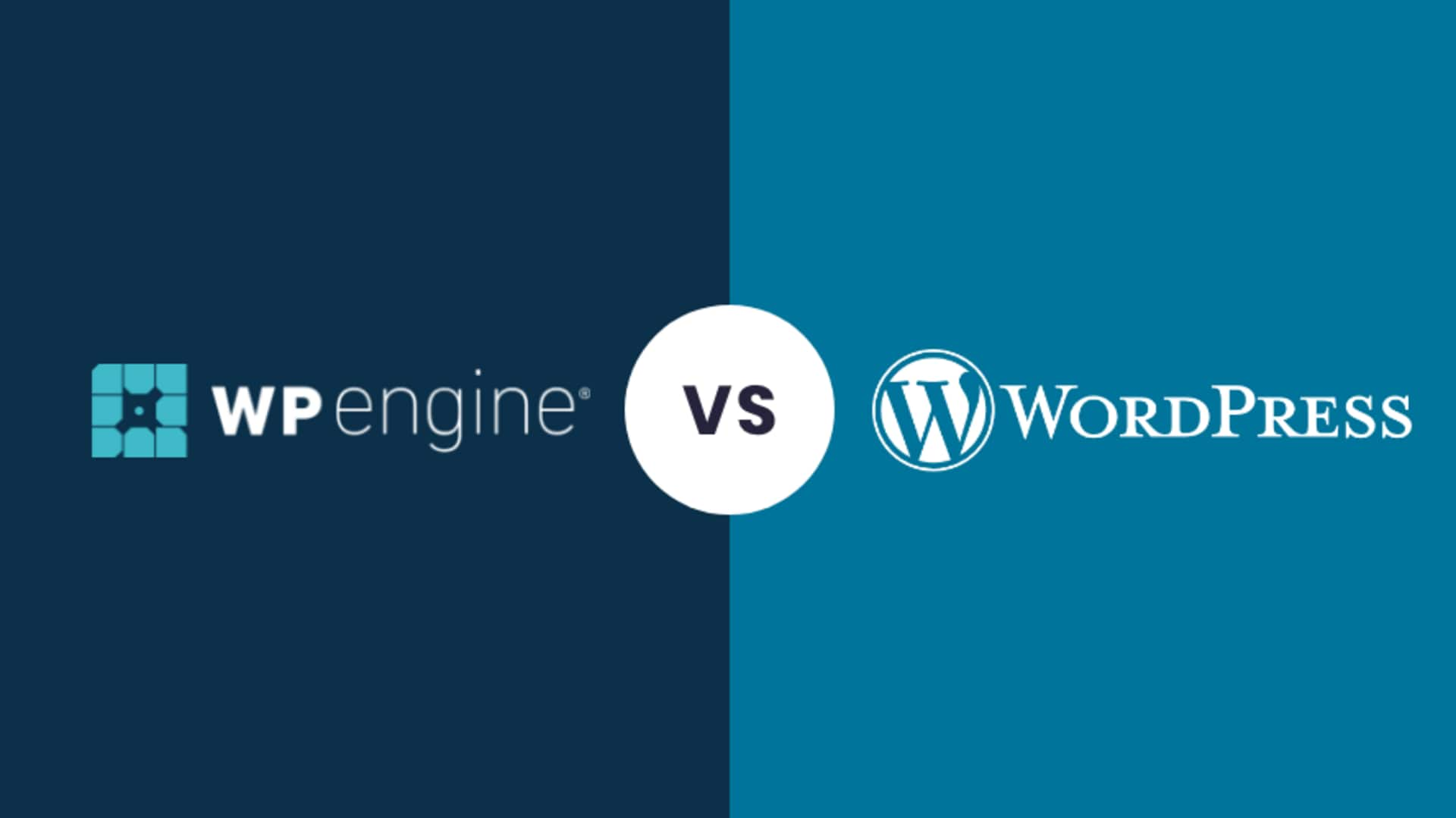
WordPress's fight with WP Engine: How it can impact web
What's the story
WordPress, the leading website creation and hosting technology, is at the center of a dispute between its founder/Automattic CEO Matt Mullenweg and the host WP Engine.
The conflict started in September when Mullenweg accused WP Engine of being a "cancer to WordPress," slamming the company for disabling users' ability to see and track post-revision histories.
He argued this feature is key to data protection promises made by WordPress, and noted that WP Engine disables it by default to reduce expenses.
Context
Why does this story matter?
WordPress is one of the largest web publishing platforms in the world, utilized by a significant portion of the internet.
Although much of WordPress's work goes unnoticed by internet users, it claims its behind-the-scenes web-building tools support 40% of the world's websites.
As a result, its conflict with WP Engine is creating disruptions for the many businesses globally that depend on both organizations to maintain their online presence.
Investor criticism
Mullenweg criticizes WP Engine's investor and branding
Mullenweg also took a dig at Silver Lake, an investor in WP Engine, for not giving enough back to the open-source project that powers WordPress.
He also alleged that WP Engine's use of the "WP" brand has caused confusion among customers, with some thinking it is part of WordPress.
This allegation takes the fight beyond just how things are run and into branding/trademark issues.
Legal response
WP Engine responds to Mullenweg's accusations
In retaliation to Mullenweg's accusations, WP Engine sent a cease-and-desist letter demanding a retraction of his statements.
The company defended its use of the WordPress trademark as fair use and claimed that Mullenweg had threatened a "scorched earth nuclear approach" unless it agreed to pay "a significant percentage of its revenues for a license to the WordPress trademark."
Counterclaim
Automattic counters WP Engine's cease-and-desist letter
In response to WP Engine's cease-and-desist letter, Mullenweg's Automattic sent one of its own, accusing WP Engine of violating WordPress and WooCommerce trademark usage rules.
The WordPress Foundation also updated its Trademark Policy page to say WP Engine has misled users about its association with WordPress.
"The abbreviation 'WP' is not covered by the WordPress trademarks, but please don't use it in a way that confuses people," updated page reads, adding fuel to the ongoing dispute over trademark usage rights.
Access restriction
Mullenweg restricts WP Engine's access to WordPress.org resources
In a major move, Mullenweg then barred WP Engine from accessing resources of WordPress.org. This led to many websites being unable to update plugins and themes, leaving some exposed to security threats.
The community was unhappy with this approach, especially since it affected smaller websites.
In turn, WP Engine accused Mullenweg of abusing his control over WordPress to sabotage customers' access to WordPress.org.
On September 27, WordPress.org temporarily lifted the ban, granting WP Engine access to resources until October 1.
Site update
WP Engine updates site to clarify non-affiliation with WordPress
On September 30, just ahead of the WordPress.org deadline for the WP Engine ban, the hosting company updated its site's footer to clarify it isn't directly affiliated with the WordPress Foundation or owns the WordPress trademark.
The company also changed its plan names from "Essential WordPress," "Core WordPress," and "Enterprise WordPress" to "Essential," "Core," and "Enterprise."
This was viewed as WP Engine's attempt to address Automattic's trademark infringement claims.
Lawsuit filed
WP Engine sues Automattic and Mullenweg for abuse of power
On October 3, WP Engine filed a lawsuit against Automattic and Mullenweg in a California court.
The company accused them of abusing their power and not keeping their promises to run WordPress open-source projects without constraints and allowing developers the freedom to create, run, modify, and share the software.
The lawsuit also mentions purported texts from Mullenweg regarding the possibility of hiring WP Engine CEO Heather Brunner as the executive director of WordPress.org.
Automattic responded by calling the case baseless.
Actions
159 employees exit Automattic amid direction dispute
On October 3, 159 Automattic employees who disagreed with Mullenweg's direction for the company and WordPress as a whole accepted severance packages and departed. Nearly 80% of these employees were part of Automattic's Ecosystem/WordPress division.
Then, on October 8, WordPress announced that Mary Hubbard, formerly head of governance and experience at TikTok US, would take on the role of executive director.
This position was previously held by Josepha Haden Chomphosy, one of the 159 employees who left Automattic.
Scenario
Mullenweg offers Automattic staff shares and new severance package
On October 12, Mullenweg announced in a post that every current Automattic employee would receive 200 A12 shares as a token of appreciation.
These shares are a unique class for Automattic staff, sellable after one year with no expiration date.
Then, on October 17, Mullenweg posted a new alignment offer on Automattic's Slack with a narrow four-hour response window.
This offer included a nine-month severance but came with condition that anyone who accepted would lose access to the WordPress.org community.